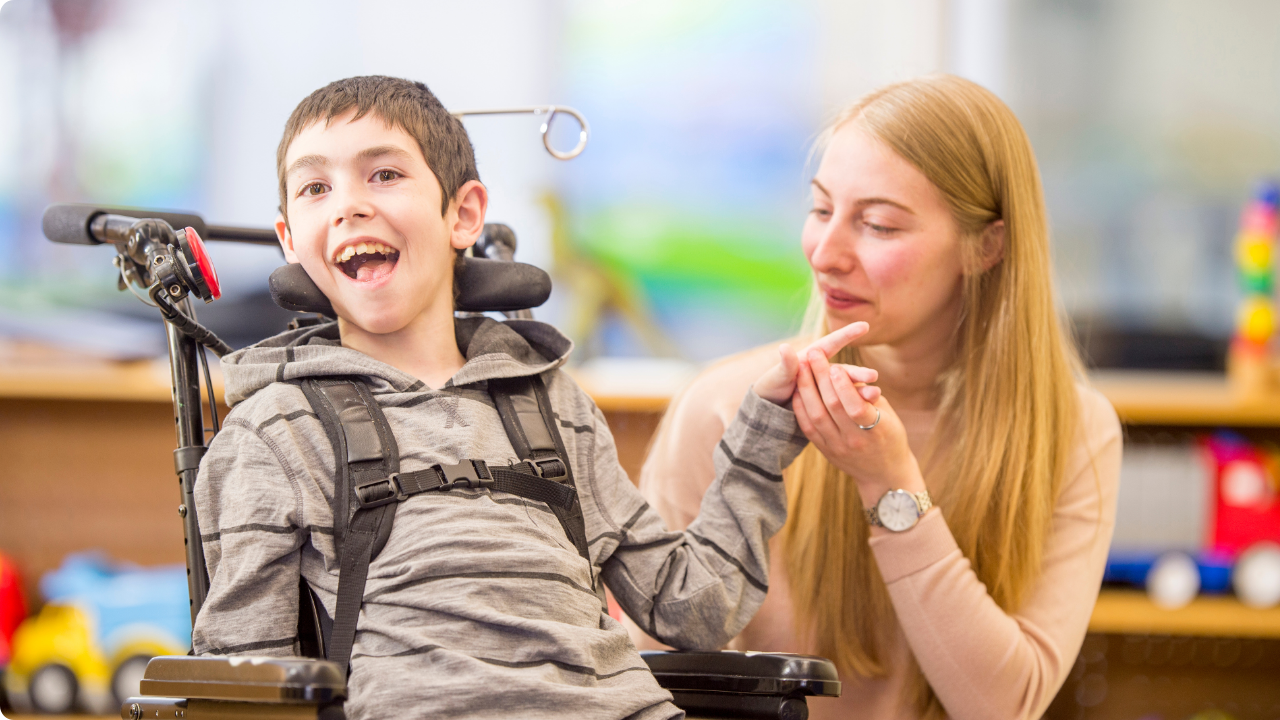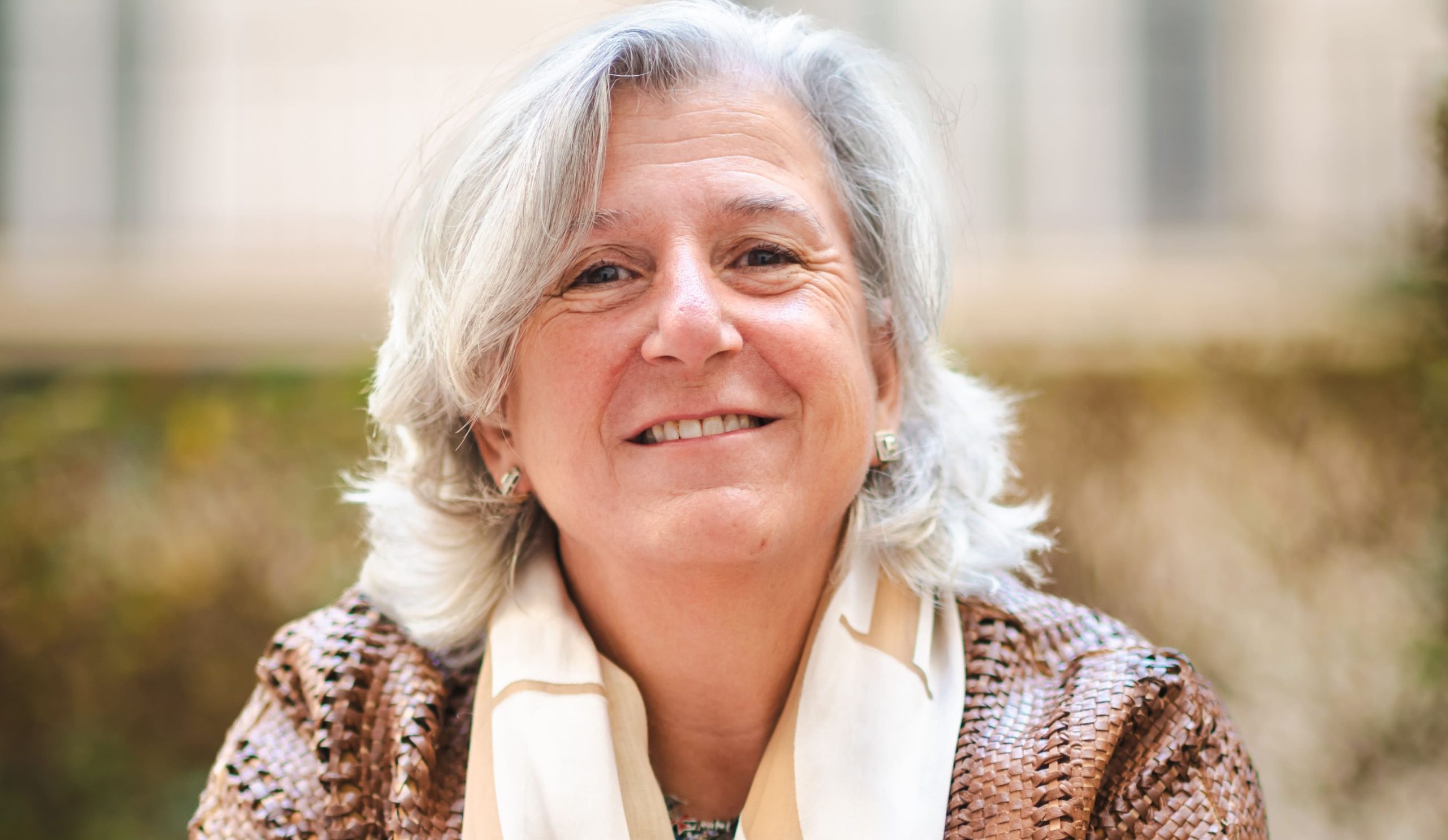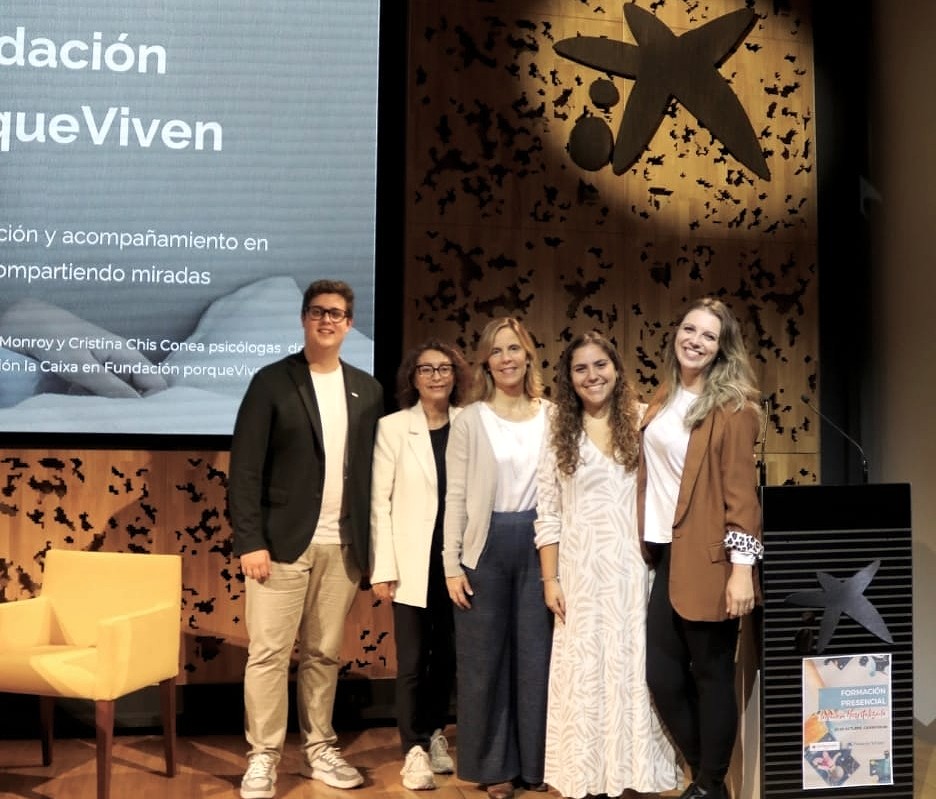Caregiver self-care is essential to ensure the well-being of children with serious and incurable diseases. Caring for the Caregiver , their physical, psychological, emotional and social health – is a key intervention within paediatric palliative care, especially when care is provided at home. Because a well-accompanied caregiver can accompany better.
When the diagnosis of an incurable disease comes into a child's life, the family structure changes completely. Forever. From that moment on, all energies are focused on protecting the child's well-being, relieving their symptoms and accompanying their changing needs.
Making the home the best place to care is one of the most humane and effective strategies in pediatric palliative care. The domestic environment provides security, bonds and daily life in the midst of adversity.
But for the home to truly be a space of health and life, specialized health interventions or technical devices are not enough. Self-care by the primary caregiver – usually a mother or father – is also a key element of caregiving.
Because an exhausted caregiver cannot sustain the complexity of childhood illness.
And because a child only feels protected when the person who accompanies him or her also feels accompanied.
However, caring for caregivers continues to be one of the most invisible aspects of the social and health system.
Caring at home: when caregiving is a 24/7 job
Sustaining life at home implies becoming an expert out of necessity: interpreting warning signs, managing medication, reorganizing schedules, managing procedures that do not give a truce and, at the same time, containing the fear of a child who needs to feel the world safe.
No shifts.
No pauses.
No previous training.
European evidence indicates that long-term care has a direct impact on the mental health of the caregiver: caregivers have significantly higher rates of depression and anxiety compared to the general population
The cost does not remain in the emotional sphere. The OECD points out that when "informal" care exceeds 20 hours per week, the Labor participation falls drastically , especially in women.
Caring for a child at home means turning the home into a small hospital... but without relief personnel. For paediatric palliative care teams, it is important to provide the care, but also the necessary accompaniment at home. This helps to get to know the limits of families up close and to work so that they never "break".
Preventing caregiver claudication
When support fails, the disease does not only make the sufferer sick: it erodes the whole family. This phenomenon is known as familial claudication. A situation that appears when the physical, emotional, logistical and economic demands Exceeds available resources for too long.
Its signs are clear:
- Extreme exhaustion
- insomnia or non-restorative sleep
- Social isolation
- Continuous fear of crises
- Family tensions
- Siblings displaced from the affective center
At that time, the family needs immediate and coordinated support , no more demands. You can see more information on this topic here .
10 keys to caregiver self-care
There are ten points that the main caregiver should take into account, especially in the field of pediatric palliative care, they are the following:
- Your health matters as much as your child's
- Sleep is not a luxury: it is a health necessity
- Asking for help is an act of strength, not a weakness
- Talk about what hurts you: emotions need to come out
- Have medical checkups and take care of your body, mind and spirit
- Guilt doesn't care: be compassionate with yourself
- Seek professional support
- And, psychological care
- Networking with other families helps sustain you
- Take breaks: rest prevents claudication
- Consider family respite sessions
- You can allow yourself to be cheerful. This feeling is also part of care
What Families Need to Care
According to the criteria of care of the Ministry of Health For paediatric palliative care, the intervention must be active and comprehensive, aimed at the child and his or her family, and take into account their physical, psychological, social and spiritual needs.
In this context, caregiver care is not a secondary aspect: it is a fundamental pillar for home care to be safe, sustainable and truly humanized. Supporting families means ensuring they have the necessary resources throughout the process.
Among the essential supports that should be available are:
-
Clear information from the diagnosis on itineraries and warning signs
-
Technical training of the caregiver, to care safely and confidently
-
Fluid and accessible social and health coordination
-
Family respite planned to prevent claudication
-
Ongoing psychological support, including anticipatory grief
-
Specific programs for siblings, also impacted by the disease
Conclusion
Caring for a child with a serious illness involves sustaining life in its most vulnerable dimension. And for this accompaniment to be possible, the caregiver needs to be cared for with the same precision, sensitivity and closeness with which he cares for his child.
Guaranteeing the self-care of the main caregiver means protecting the emotional stability of the home, the physical health of the person who accompanies them, clinical safety in care and, ultimately, improving the child's life. It is not only about practical support, but about defending the right of families to live with dignity in situations of enormous complexity.
Because the question is not whether families can care alone.
The real question is: How can we accompany them so that they do not break in the attempt?
Investing in support for the primary caregiver not only reduces avoidable suffering: it also accompanies life in conditions of well-being, favors family bonding and allows childhood to remain childhood, even when the disease is present.
To care for those who care is to ensure that love is not exhausted before hope.
Your support also takes care of those who care
With your help, we accompany children with incurable diseases and their families, day and night.
Donate here
Want to know more?
Visit our web or Contact with our team.





